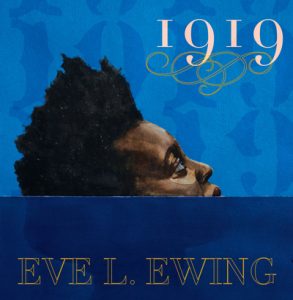
1919: Poetic reflections on race, class, violence, segregation, and the hidden histories that shape our divided urban landscapes.
Eve L. Ewing’s book of poetry opens with the declaration “This book is a story.”
The story is the Chicago Race Riot of 1919, one episode in a national epidemic of white mob violence known as “Red Summer” that happened 100 years ago.
Ewing surfaces the riot’s causes, consequences, perpetrators, victims, and bystanders — with the city of Chicago itself a main character — through photographs, poetry, and excerpts from a 1922 report, “The Negro in Chicago: A Study on Race Relations and a Race Riot.”
In “Jump/Rope,” Ewing adopts a classic jump rope rhyme to share the story of Eugene Williams, the Black teenager who drowned after white onlookers threw rocks at him while swimming in Lake Michigan, and whose murder sparked the riot. She writes:
Little Eugene Gene Gene
Sweetest I’ve seen seen seen
His mama told him him
Them white boys mean mean mean
He didn’t listen listen listen
To what mama say say say
Went to the lake lake lake
That July day day day
By the end of the book, the reader has indeed been told a story, one that our students deserve to know and one that our classrooms would be the richer for sharing. [Rethinking Schools]
Centered on the inner lives of Black individuals, real and/or imaginary (who’s to say?), in 1919 Chicago, the poems in 1919 ask how far we’ve come, and question ideas of progress and of thriving and surviving. On the centenary of the Red Summer, in an America hardly less violent and anti-black, Ewing wields a kaleidoscopic Afrofuturist style to illuminate a crucial piece of history and to imagine a path forward. –Kevin Chau, Editorial Fellow for Lit Hub’s Most Anticipated Books of Summer
Eve L. Ewing is a writer and an assistant professor at the University of Chicago School of Social Service Administration. She is the author of Electric Arches and Ghosts in the Schoolyard: Racism and School Closings on Chicago’s South Side.
ISBN: 9781608465989 | Haymarket Books

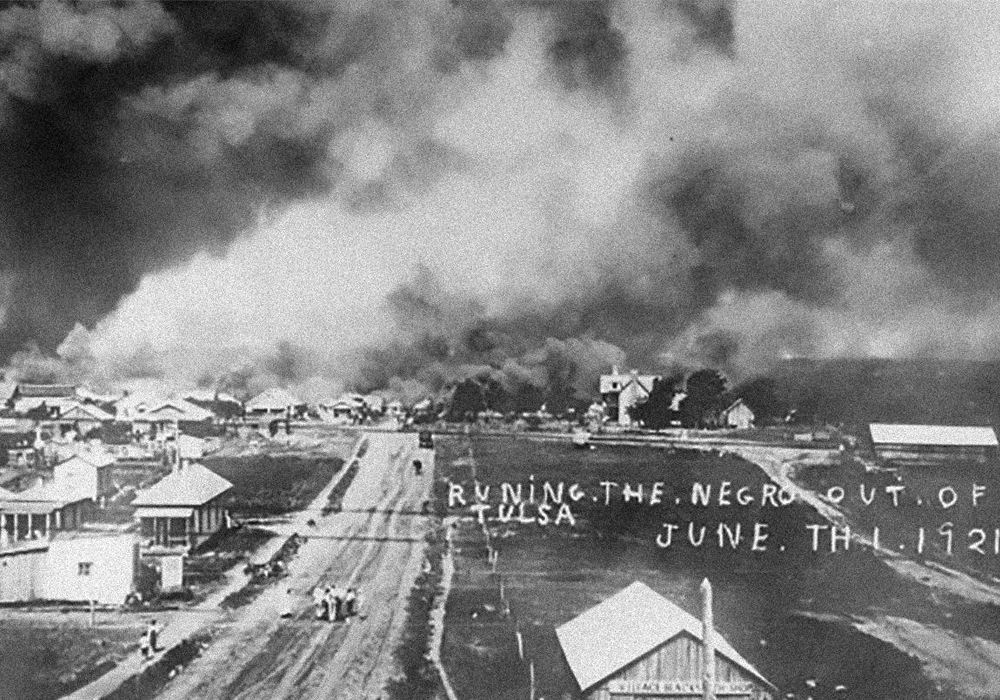
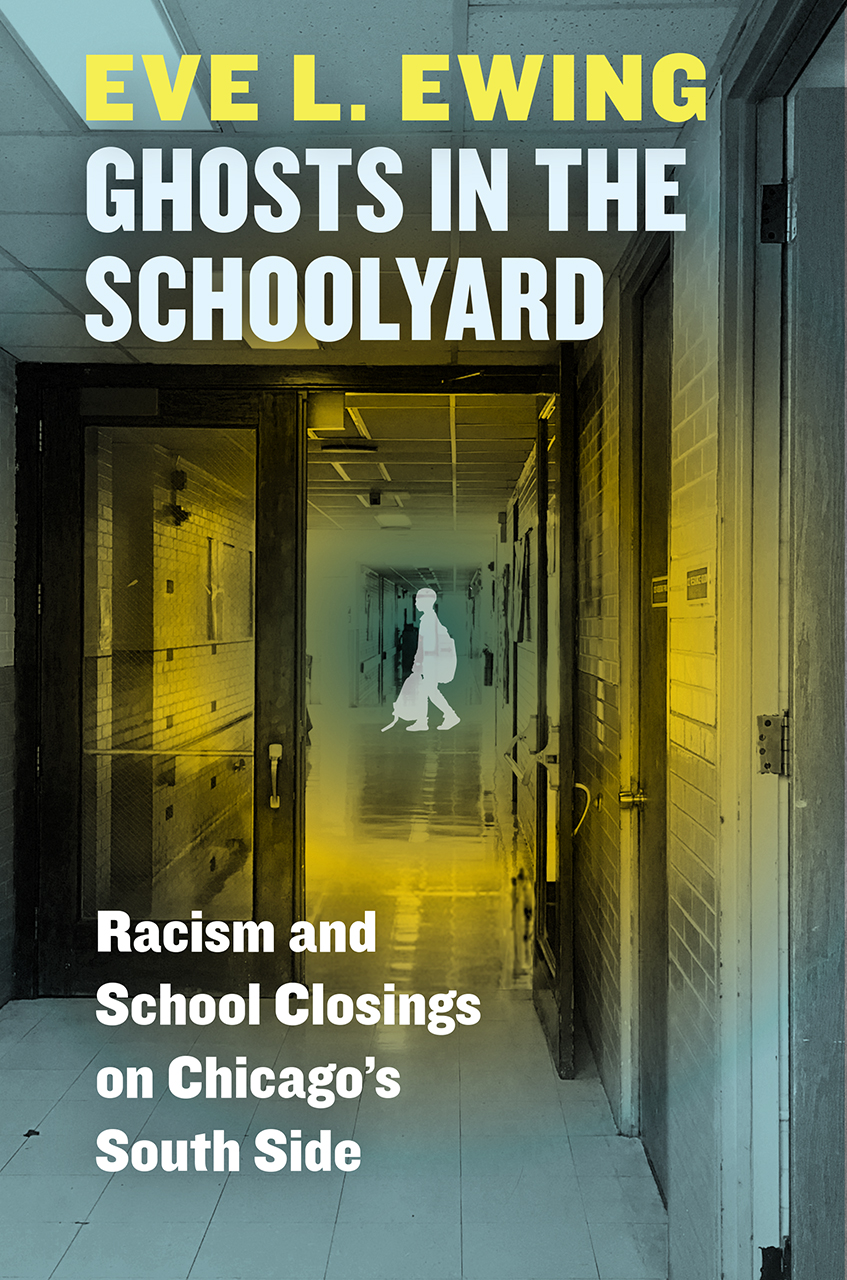
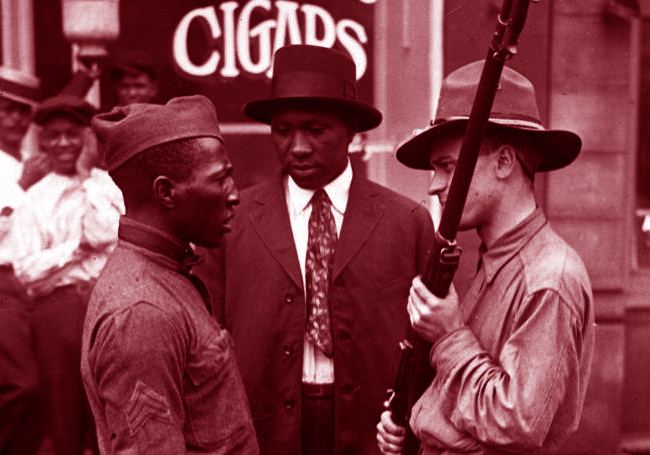
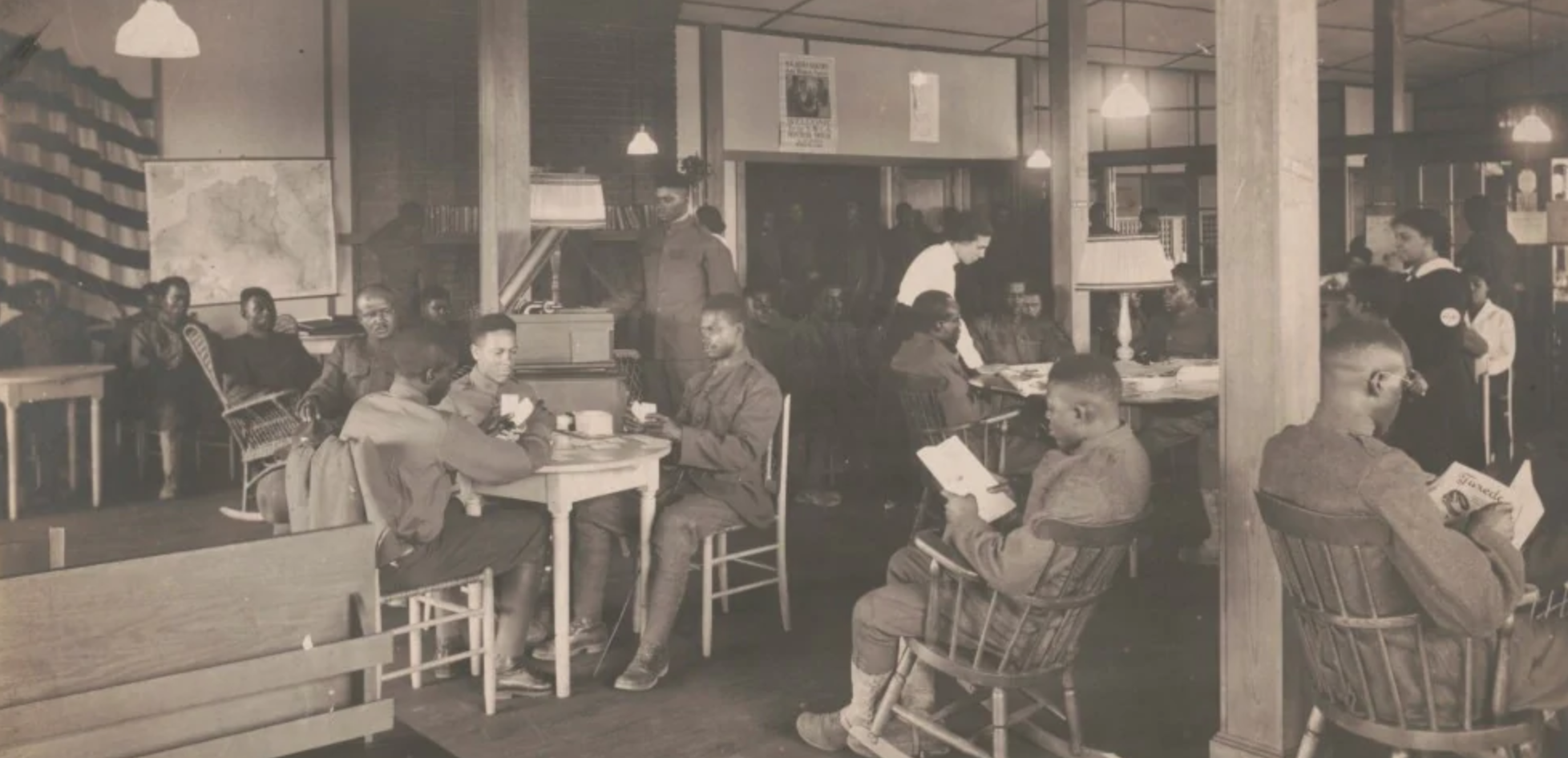
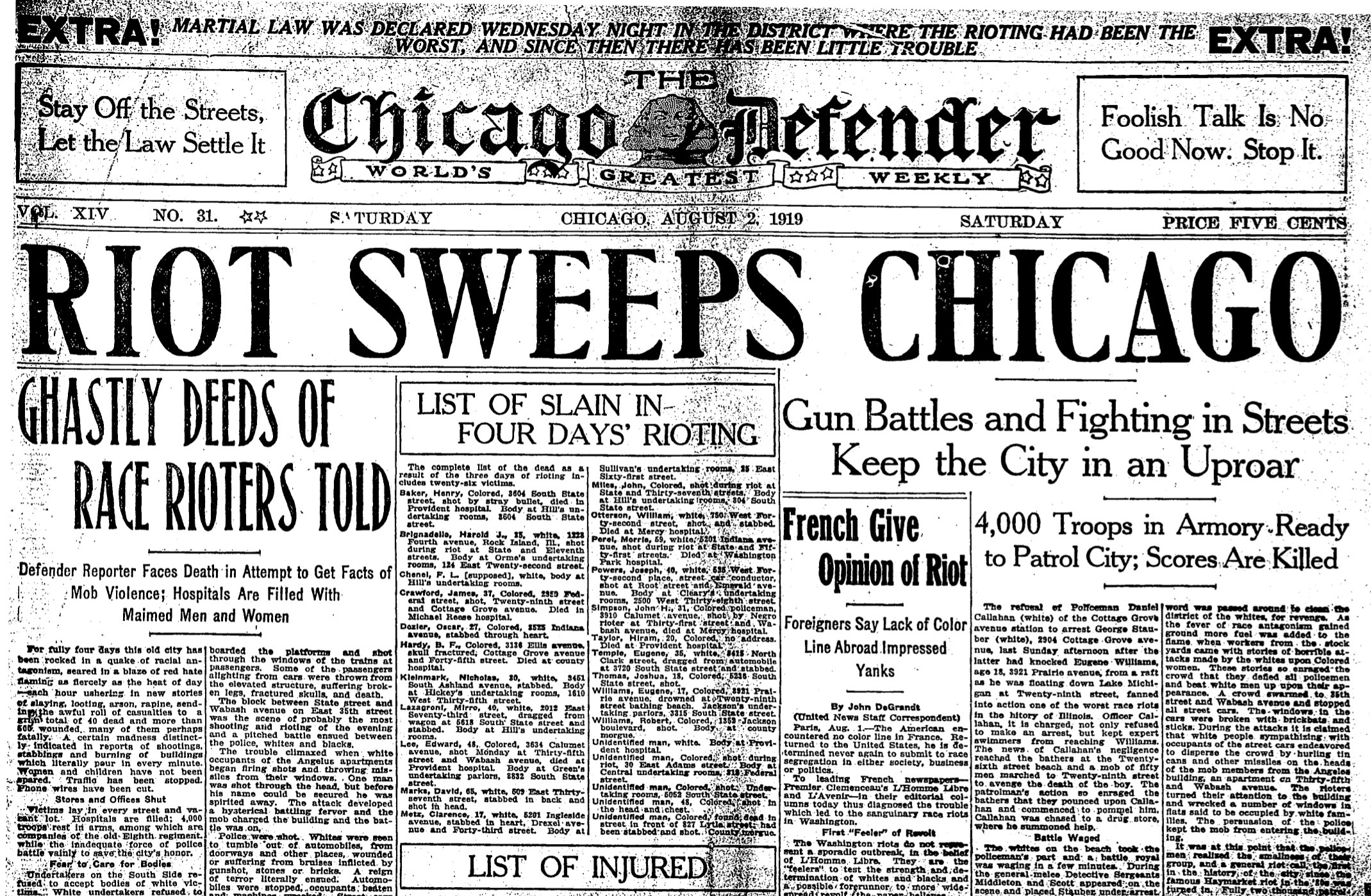
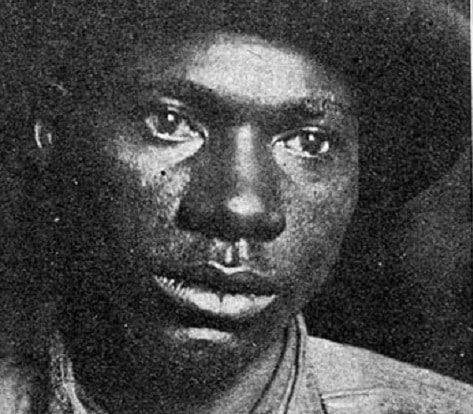






Twitter
Google plus
LinkedIn